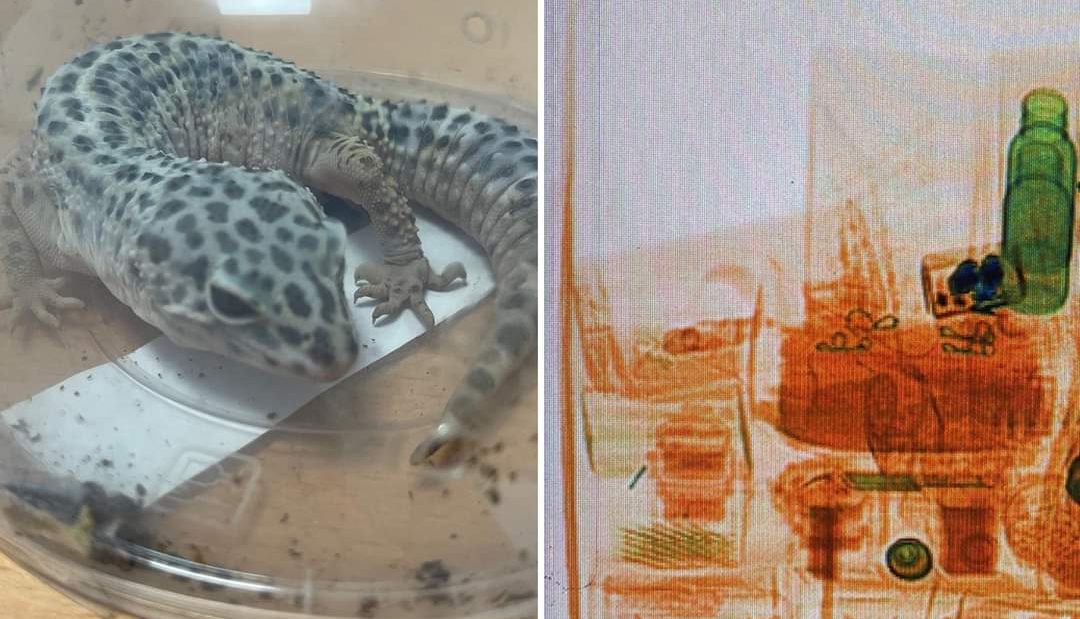SINGAPORE: The Immigration and Checkpoints Authority (ICA) has thwarted an attempt to smuggle leopard geckos into Singapore. In a recent Facebook post, the ICA revealed the details of the operation and its commitment to safeguarding Singapore’s borders and biodiversity.
The incident unfolded on Aug 3 when ICA officers stationed at Changi Airfreight Centre became aware of a suspicious package in transit. Initial scans of the package’s contents raised concerns due to detected anomalies. Suspecting illicit activity, the officers decided to conduct a thorough inspection.
Upon further examination, the officers uncovered a live leopard gecko concealed within the package. These small reptiles, known for their striking appearance and unique characteristics, are protected by international regulations due to the threat posed by illegal wildlife trade.
The case was promptly handed over to the National Parks Board (NParks) for further investigation. Currently, the rescued leopard gecko is receiving care and rehabilitation at NParks’ Centre for Wildlife Rehabilitation.
Illegal wildlife trade, a global menace, not only endangers biodiversity and disrupts ecosystems but also poses significant health risks by circumventing biosecurity and sanitary controls. The manner in which these animals are smuggled can lead to unnecessary suffering and even death. To counteract these threats, NParks collaborates with ICA, implementing stringent import controls to prevent the introduction of exotic diseases into Singapore.
Under the Wildlife Act, individuals caught importing wildlife without approval could face severe penalties, including fines of up to $10,000, imprisonment for up to 12 months, or both. The ICA and NParks urge the public to refrain from engaging in illegal wildlife trade, purchasing exotic animals, or keeping them as pets.
Those who encounter instances of illegal wildlife trade or have information about such activities are encouraged by NParks to report the incidents via email at cites@nparks.gov.sg. The authorities have promised that all information provided will be treated with the utmost confidentiality.

